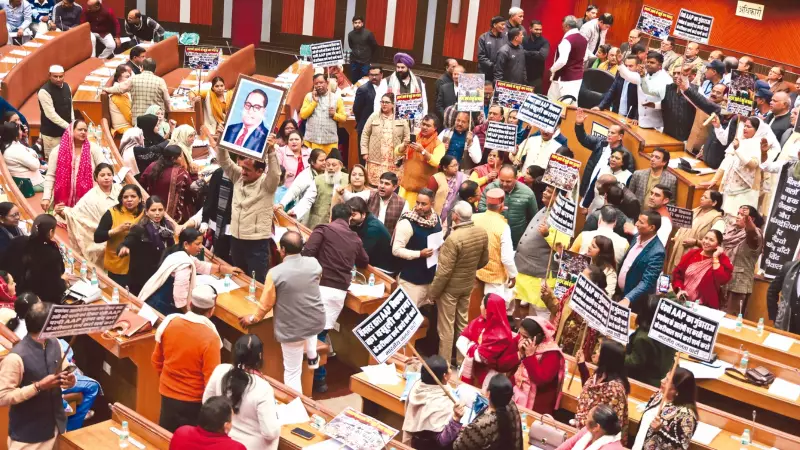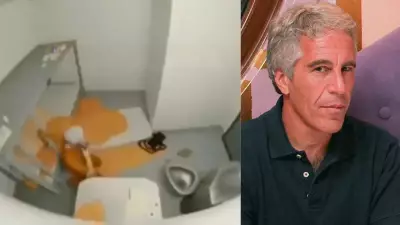
In a significant move to tackle the capital's mounting waste crisis and severe air pollution, the Municipal Corporation of Delhi (MCD) has given its official approval for the establishment of four new solid waste processing facilities. This ambitious project, approved on Thursday, November 14, 2025, aims to achieve 100% remediation of Delhi's three notorious legacy landfill sites by the year 2027.
A Four-Pronged Attack on Delhi's Waste Problem
The civic body has sanctioned the construction of plants at four strategic locations: Bhalswa, Singhola, Okhla, and Narela Bawana. With a combined investment of approximately Rs 361.42 crore, these plants are projected to become operational within the next six months. Each facility will have a designated daily processing capacity, collectively adding a significant 5,100 tonnes per day (TPD) to the city's waste management capabilities.
The breakdown of capacities is as follows: the Bhalswa plant will handle 1,800 TPD, Singhola 700 TPD, Okhla 1,400 TPD, and Narela Bawana 1,200 TPD. The primary objective is to redirect all fresh municipal waste to these new processing centers, completely stopping the dumping of new garbage at the existing landfill mountains.
Ambitious Timelines to Reclaim City Space
MCD officials have laid out a clear and time-bound plan to empty the three major landfill sites that have long been a source of environmental and health hazards. The target is to clear the Okhla landfill by July 2026, followed by the Bhalswa site by December 2026. The largest of them all, the Ghazipur landfill, is slated for clearance by 2027.
This is not a new initiative but an acceleration of ongoing efforts. "Since 2019, MCD has been carrying out biomining of legacy waste at the three dumpsites," a civic body official stated. This process has already yielded positive results, with 25 acres of land reclaimed at Bhalswa and 10 acres at Okhla. Additionally, 7.2 acres have been reclaimed at Singhola after biomining of silt waste, demonstrating the potential for restoring valuable urban land.
Addressing the Scale of the Challenge
The scale of Delhi's waste problem is immense. Within the MCD limits, about 11,500 metric tonnes (MT) of municipal solid waste is generated every single day. The city currently relies on four waste-to-energy plants located at Narela-Bawana, Okhla, Tehkhand, and Ghazipur, which have a total processing capacity of 6,550 TPD. Despite these facilities and other decentralized processing units, a staggering 4,712 TPD of waste continues to be dumped directly at the Bhalswa, Okhla, and Ghazipur sites.
The new plants are a critical component in bridging this massive processing gap and are essential for meeting the landfill clearance deadlines.
Political Protest Highlights Pollution Crisis
The MCD's announcement was made against a backdrop of rising public and political concern over Delhi's air quality. On the same day, AAP legislators in the House wore black masks as a form of protest against the capital's dangerously polluted air.
Leader of Opposition, Ankush Narang, voiced strong criticism, stating, "Despite a so-called 'four-engine' BJP government, Delhi's air has turned poisonous, forcing people to breathe suffocating air while children and the elderly fall ill… yet both the BJP government and the MCD administration remain silent." This political drama underscores the intense pressure on authorities to deliver tangible solutions to the city's perennial pollution woes, of which the landfill fires are a major contributor.
The approval of these four processing plants represents a concrete, albeit delayed, step towards a cleaner, more sustainable waste management system for the National Capital Region.





